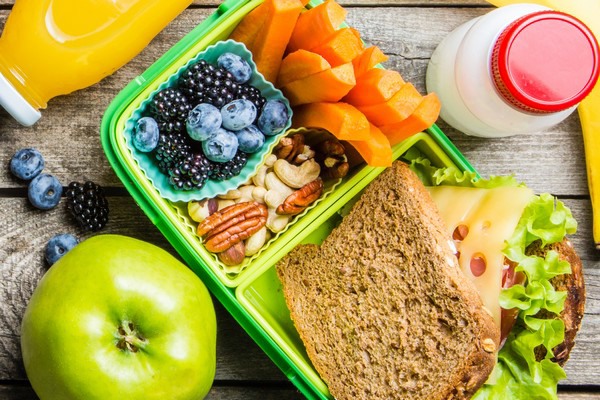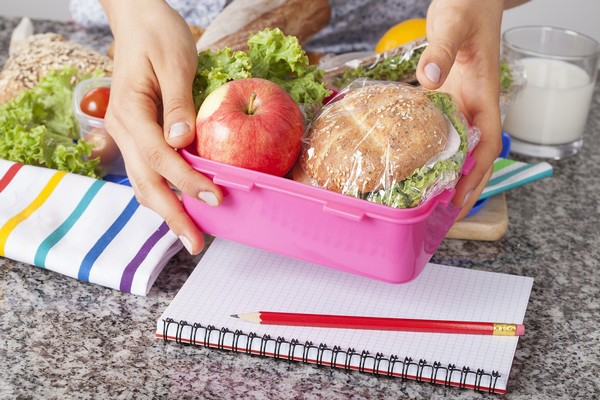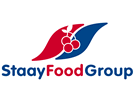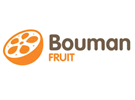In the Netherlands, school fruit suppliers' compensation is set to drop from €0.24 to €0.18 (incl. VAT) per fruit or vegetable portion. That is according to the new school fruit, vegetables, and dairy scheme the Ministry of Agriculture, Nature, and Food Quality (LNV) published in the Dutch Government Gazette on June 7, 2023. That 25% reduction is causing great dissatisfaction among growers and the school fruit initiative suppliers. It seems "these prices make it impossible to survive financially."
Recent reports show that, unfortunately, for more and more schoolchildren a well-filled lunchbox is no longer a given. The School Fruit Scheme is a European scheme where suppliers and growers can apply to supply fruit and vegetable packets and, also, for example, dairy products to registered schools. In 2009, Peter de Boer's company decided to try to bring this European scheme to the Netherlands. And successfully, as many parties are now involved in the initiative.

From €0.17 to €0.24 back to €0.18
"Many suppliers, however, insist it must be profitable. That makes sense; you can't make a loss on such an initiative. No matter how nice it is. That's why in 2021, there were discussions among all school fruit suppliers that the reimbursement at the time (€0.17) would no longer be feasible in 2022. The minister subsequently increased that to €0.24 (incl. VAT) per serving of fruit or vegetables due to things including rising purchase prices and wage increases inflation," Peter begins.
But, now, the recent Government Gazette article makes it clear that remuneration will be decreased back to €0.18. The reason is a model Wageningen Economic Research developed on behalf of the Ministry of LNV for school fruit, vegetables, and dairy. It calculates the average actual cost price. The model includes the supplied products' purchase, distribution, transport, and labor costs.
VAT, however, is not subsided. Also, at least two delivered servings must be organic, and the packages must also not contain no more than 15% of one particular product (was 20%). "So at the end of all that - since suppliers have to give the taxman their nine percent as soon as you get your subsidy - you earn €0.165 per supplied portion. That has to cover not only transportation, repackaging, packaging materials, and national distribution to schools."
"There are also administrative and financing costs for pre-financing to ensure a maximum purchase price of €0.60/kg. Supplying bananas and mandarins will no longer be possible. Plus, at least two portions must be Class I organic. I'm curious to see if suppliers dare commit to deliveries until April 2024 at the current market's price level," says Peter.
Not attractive or healthy to continue
Joop Vernooij of Frupaks-Vernooij, part of the Staay Food Group, agrees. "In recent years, we've managed to work reasonably with the school fruit. But increased transport, packaging, and wage costs mean we're no longer financially able to do so. Getting all the fruits and vegetables to the schools takes a lot of organization and money. This way, it seems not to make sense anymore," he says.
"Let me start by saying it's a wonderful initiative to introduce kids to many different fruit and vegetables. We enjoyed being part of that. But if everything becomes more expensive for families, surely you cannot start cutting back on school fruit portions. I'm not saying the compensation must increase."
"But lowering it makes it unattractive and unhealthy for suppliers to continue this good initiative. We've been participating for two years and will have to see if we'll continue on this basis. And that's a terrible shame because the concept seems to be catching on in schools, and we don't want to lose that," Joop explains.

Polish apples in Dutch school packs
Grower Kees Uyttewaal, too, says it is becoming tough for school fruit suppliers to survive. "Everything has become pricier, and current market prices make it impossible to supply fruit at market prices. I also participated for two years, and it's now time to reapply. We want to continue, but it must be profitable for us. Combined with downtime and administrative risks, it becomes very difficult to make ends meet," he says.
"At these prices, I cannot add Dutch apples to the school packs. If we really have to consider prices, we school fruit suppliers must buy where the product is cheapest. That won't always be the Netherlands because, for instance, Polish apples are far cheaper. Yet, it's absurd to supply Dutch schools with Polish apples. Also, there are more and more product shortages on the market."
"That makes it increasingly challenging to keep supplying at such prices. Look at the Spanish imports with all their climatic issues. I truly hope we can continue with the school fruit initiative. Still, you start reconsidering whether the risk of paying that extra yourself makes it worthwhile to keep participating," explains Kees.
Hard to find variety
Anton Bouman of importer Bouman Fruit hopes, first and foremost, that the government will realize this way will make continuing impossible. "We intend to continue; it's a fantastic way to help especially poorer children, get various vitamins. People ask, 'Can it be done for this money?'" he says.
"And I answer, 'No, it simply can't'. Everyone knows that. Go to any supermarket, and you'll see that, for these prices, it's not possible. We specialize in citrus. That's already not cheap, and we hear it won't get any cheaper in Spain next year."
"If you have to make all these cutbacks, there's little left to put in the packs. The initiative is meant to help children whose families don't have the means to get different vitamins. But now, that variation is no longer possible. This current course is the wrong one. I want to stay involved in the project. So, above all, I hope the government realizes that this way actually makes that impossible," Anton concludes.
See the full scheme here in the Government Gazette.
For more information:
Joop Vernooij
Staay Food Group / Frupaks-Vernooij
5 ’t Hoog
3451 RC, Vleuten, NL
Tel: +31 (0) 345 656 500
Email: vleuten@staay.nl
Website: www.staayfoodgroup.com
Anton Bouman Boumanfruit
Boumanfruit
11 De Beverspijken
5221 EE, 's-Hertogenbosch, NL
Email: anton@boumanfruit.com
Website: www.boumanfruit.com
Peter de Boer
Quality Control Systems
Tel: +31 (0) 624 818 311
Email: peter@qualitycontrolsystems.nl
Kees Uyttewaal
Fruitbedrijf Uyttewaal
27 Bergerdense Street
6681 LK, Bemmel, NL
Email: info@fruitbedrijfuyttewaal.nl
